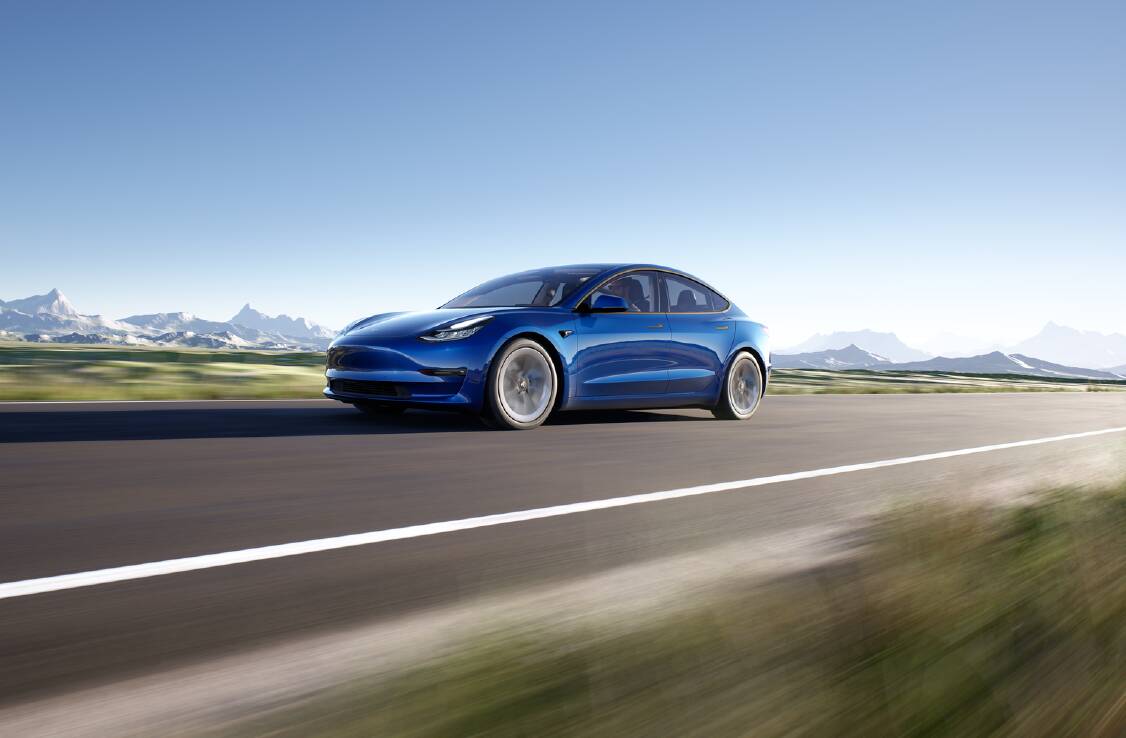
Free registration on electric vehicles will be mothballed in the ACT from July under the ACT's new emissions-based motor vehicle registration scheme, and charges reintroduced.
The move to end free EV rego and shift to a CO2 emissions-based system was described as "sensible" by a transport policy analyst and the NRMA, given that unless there was intervention, heavy battery electric vehicles would face massive rego fee increases under the old weight-based system when the incentive expired.
For instance, without a change to the system, Australia's top-selling EV, the Tesla Model 3 electric vehicle which weighs a minimum of 1.7 tonnes would be placed into the second-highest weight category.
So while Canberra's EV owners won't be completely satisfied with the outcome, there's still an incentive to switch from internal combustion - just less so than before. A Hyundai Kona electric, for instance, will cost $329 in registration after July.
Transport policy expert and senior research fellow at the ANU Dr Bjorn Sturmberg described it as a "sustainable way to do this".
"It seems unrealistic to provide free rego for electric vehicles in perpetuity," he said.

James Voortman, president of the Australian Automotive Dealers Association, said that the change appeared to be a "sensible way of future-proofing the system which won't overly penalise too many vehicle owners".
The ACT's two years of free rego has been the most generous incentive on electric vehicles offered by any Australian jurisdiction.
A graduated system will arrive in which the highest A++ rating will be given to electric cars, A+ for hybrids, and falling down to category D for heavier emitters like the Ford Ranger and Toyota Hilux utilities.
Older cars that don't qualify for concessional rego and modified cars like hot rods will also be financially penalised via their rego although a safety net exists for aged and health card-carrying pensioners and Access Canberra cardholders.
A preview of the forthcoming charges provided to The Canberra Times - and not by the ACT government - showed that the rego on an older Holden Commodore or Subaru Liberty will increase by $50.
Under the current system which ends in July next year, registration charges are graded into four weight categories, the cheapest being those which fall under 975kg and the most expensive for those weighing between 1.5 and 2.5 tonnes.
The top weight category encompasses many new vehicles such as big-selling twin cab utes, which generally weigh between 2.1 and 2.3 tonnes unladen. As these are also heavy emitters, their rego will remain unchanged next year.
Transport currently makes up more than 60 per cent of ACT CO2 emissions, with private vehicle use accounting for about 70 per cent of transport emissions
The current system penalises heavier hybrid electric vehicles - for those who can even get their hands on them, with six to 12 month delays on most models - like the Toyota Kluger hybrid, which weighs just over 2 tonnes.
Transport Canberra says it will introduce "12 months of registration discounts for new and used plugin hybrid and hybrid electric vehicles" from July 1, 2023.
Under the new emissions-based charges, rego on private hybrid vehicles like the Toyota Camry hybrid would fall from $599 to $508, the Hyundai Ioniq hybrid from $412 to $347.
NRMA spokesman Peter Khoury said that it was "important no-one gets left behind" as the country moves to ward low emission and electric vehicles.
We've made it a whole lot easier for you to have your say. Our new comment platform requires only one log-in to access articles and to join the discussion on The Canberra Times website. Find out how to register so you can enjoy civil, friendly and engaging discussions. See our moderation policy here.







